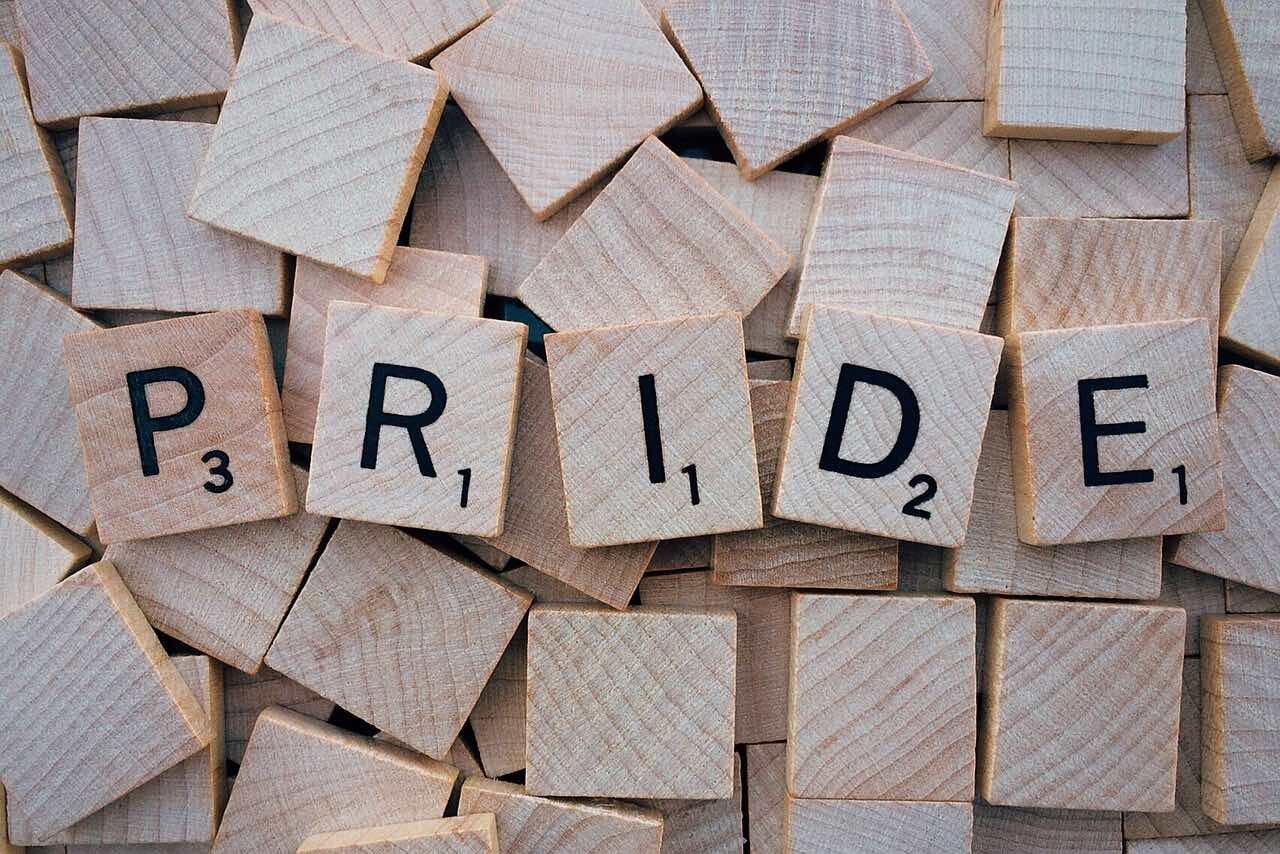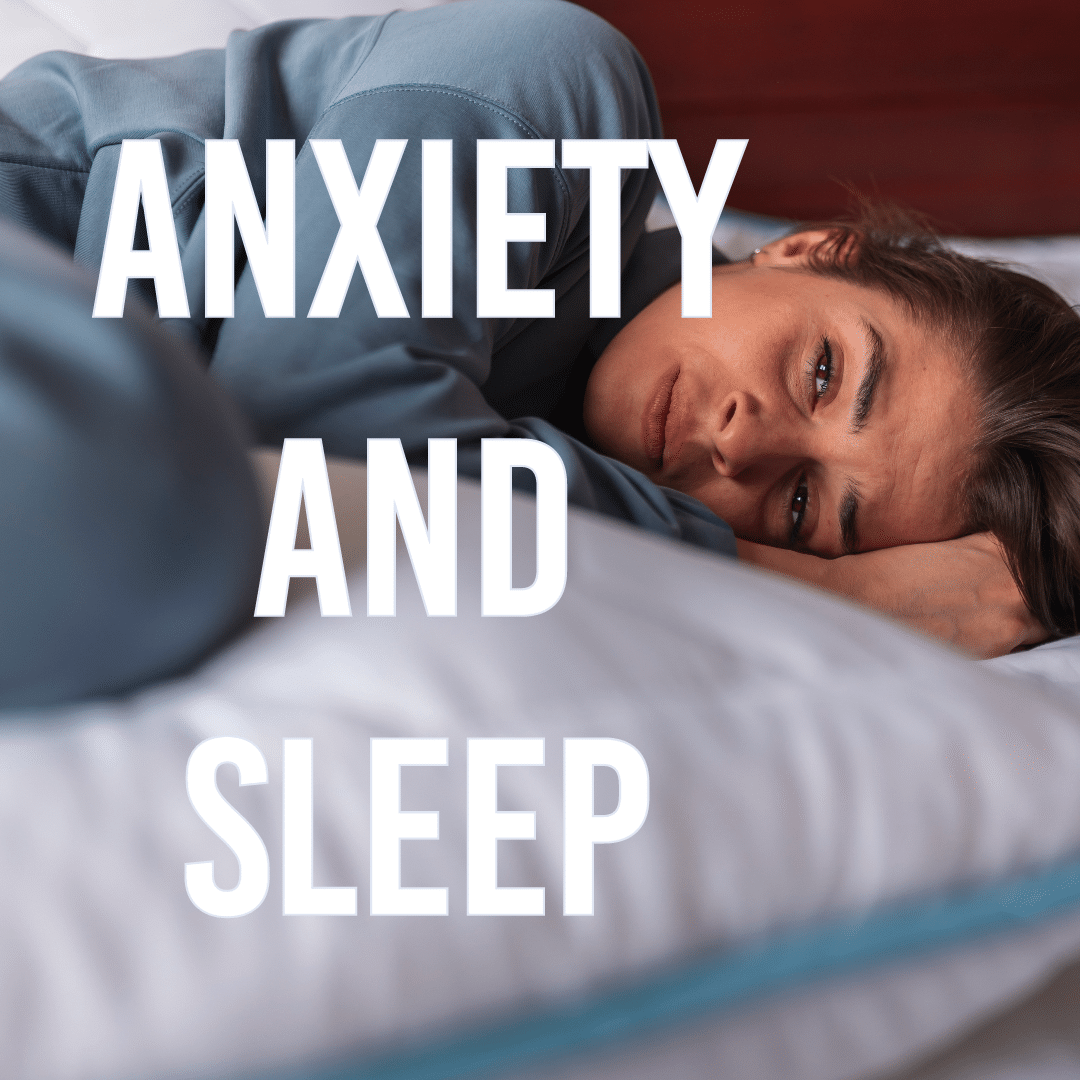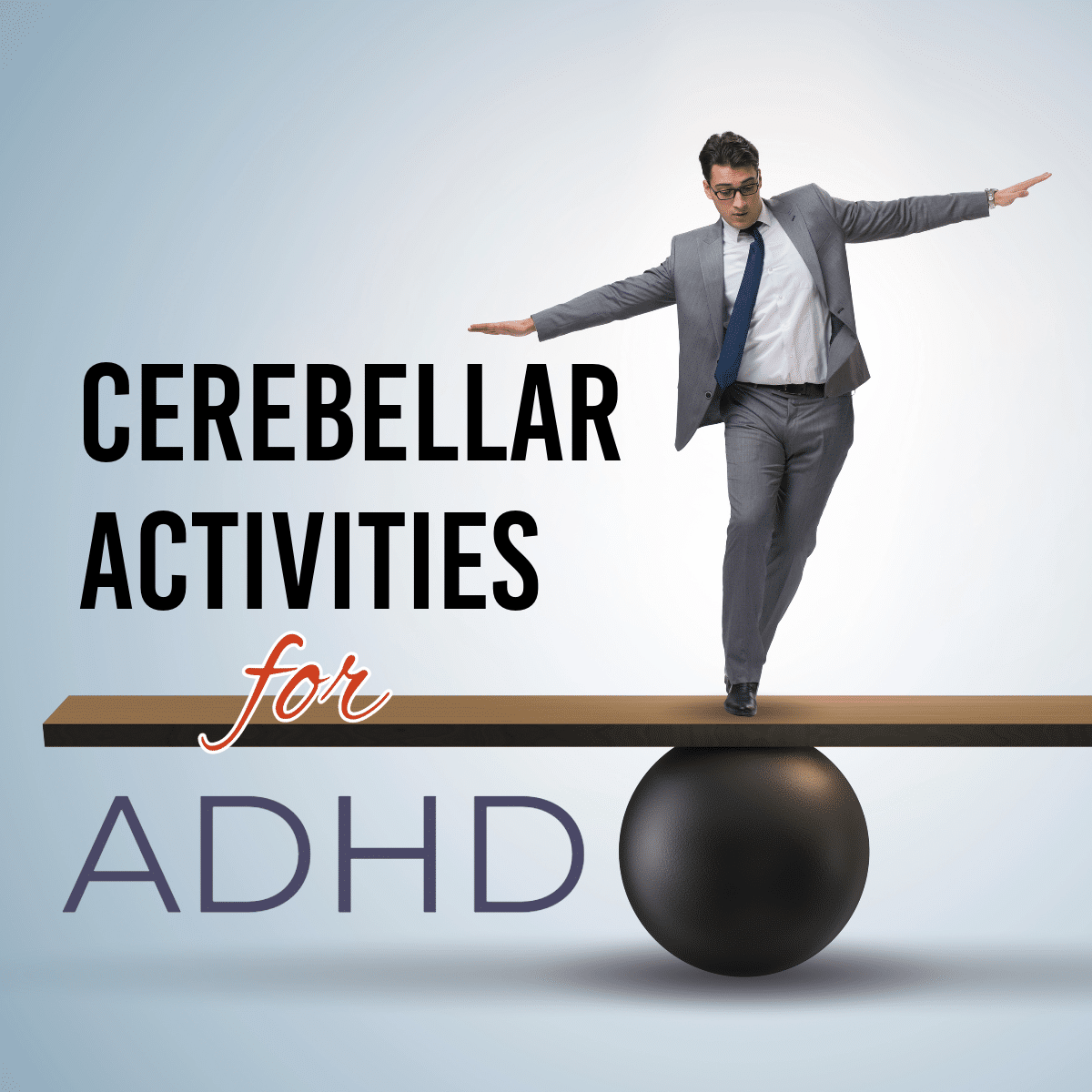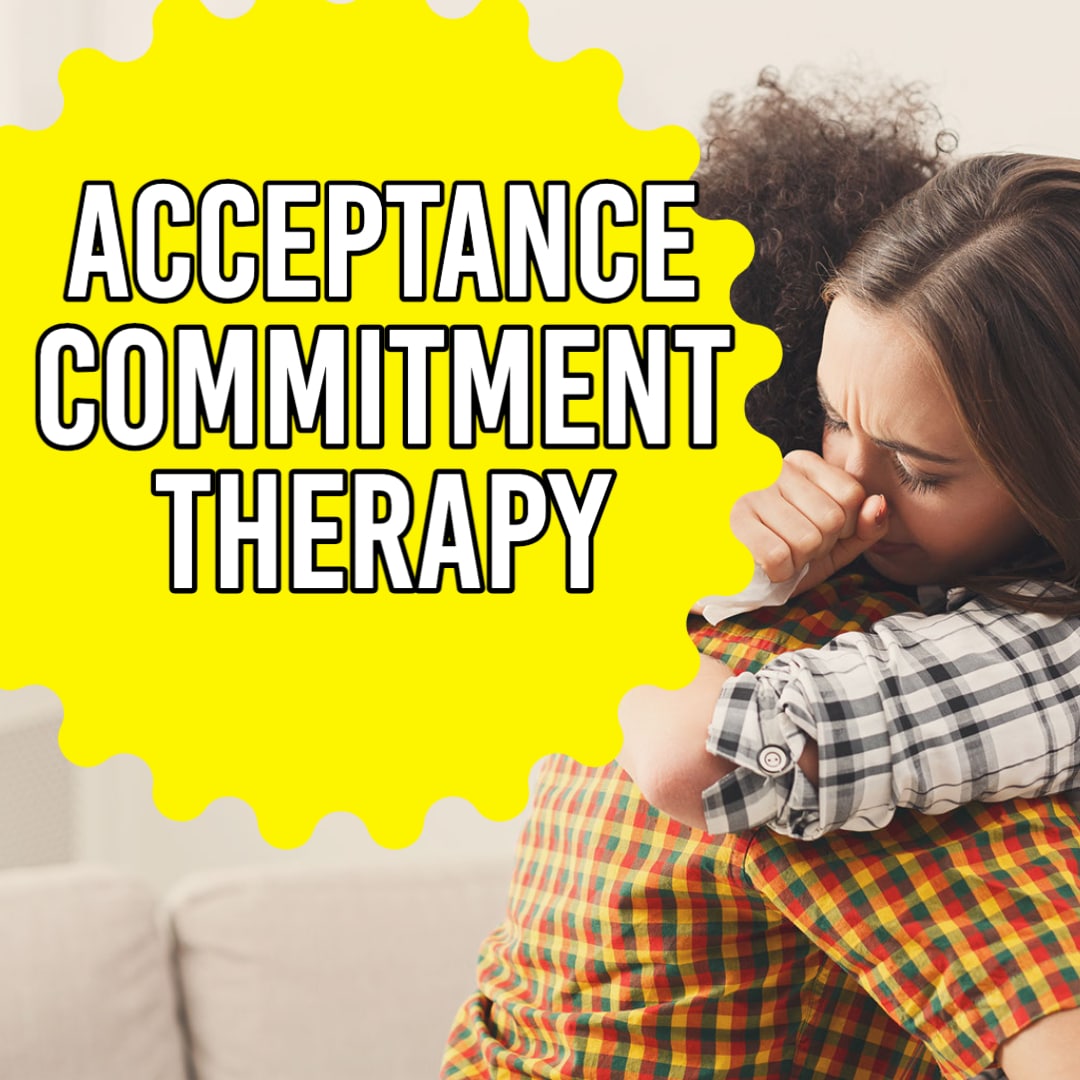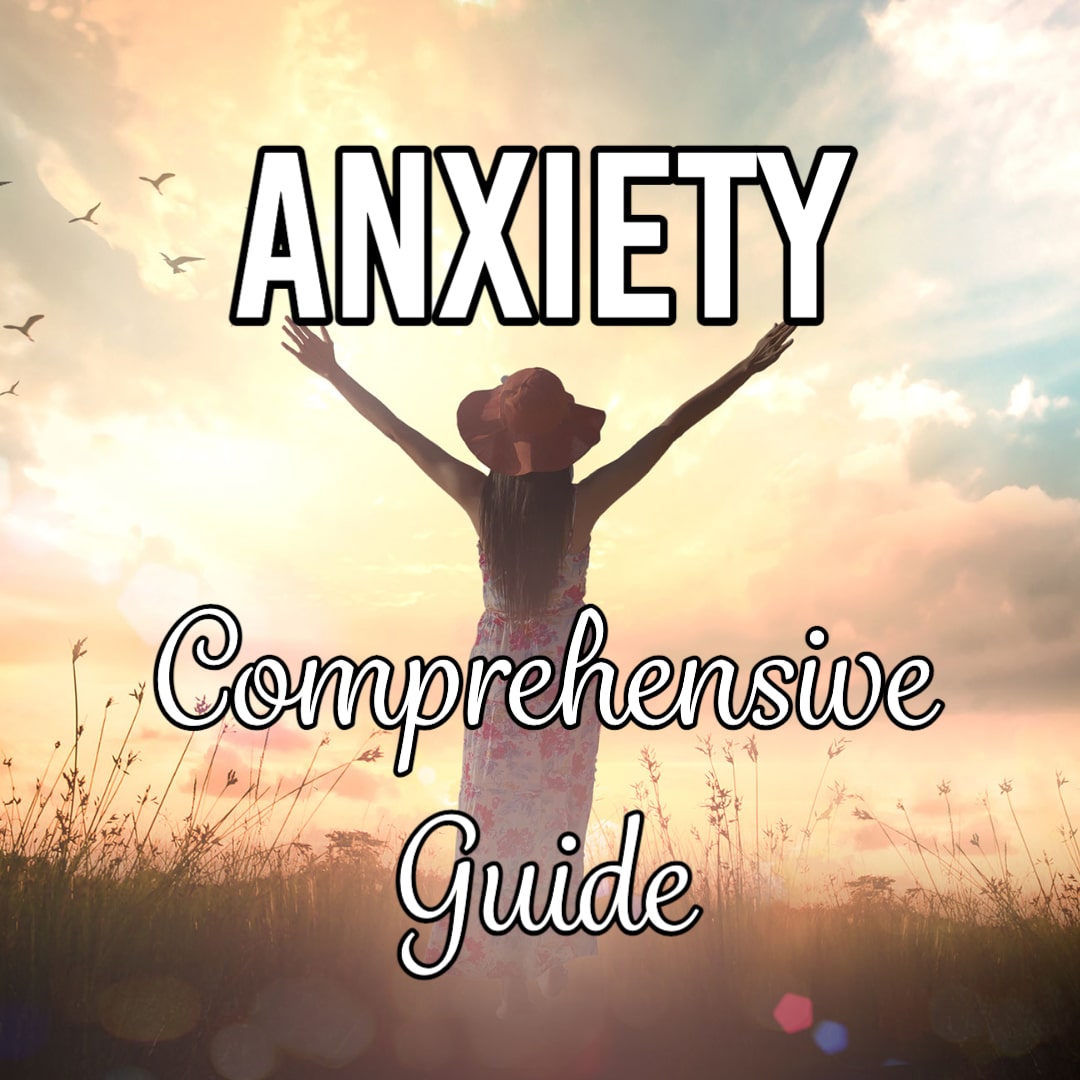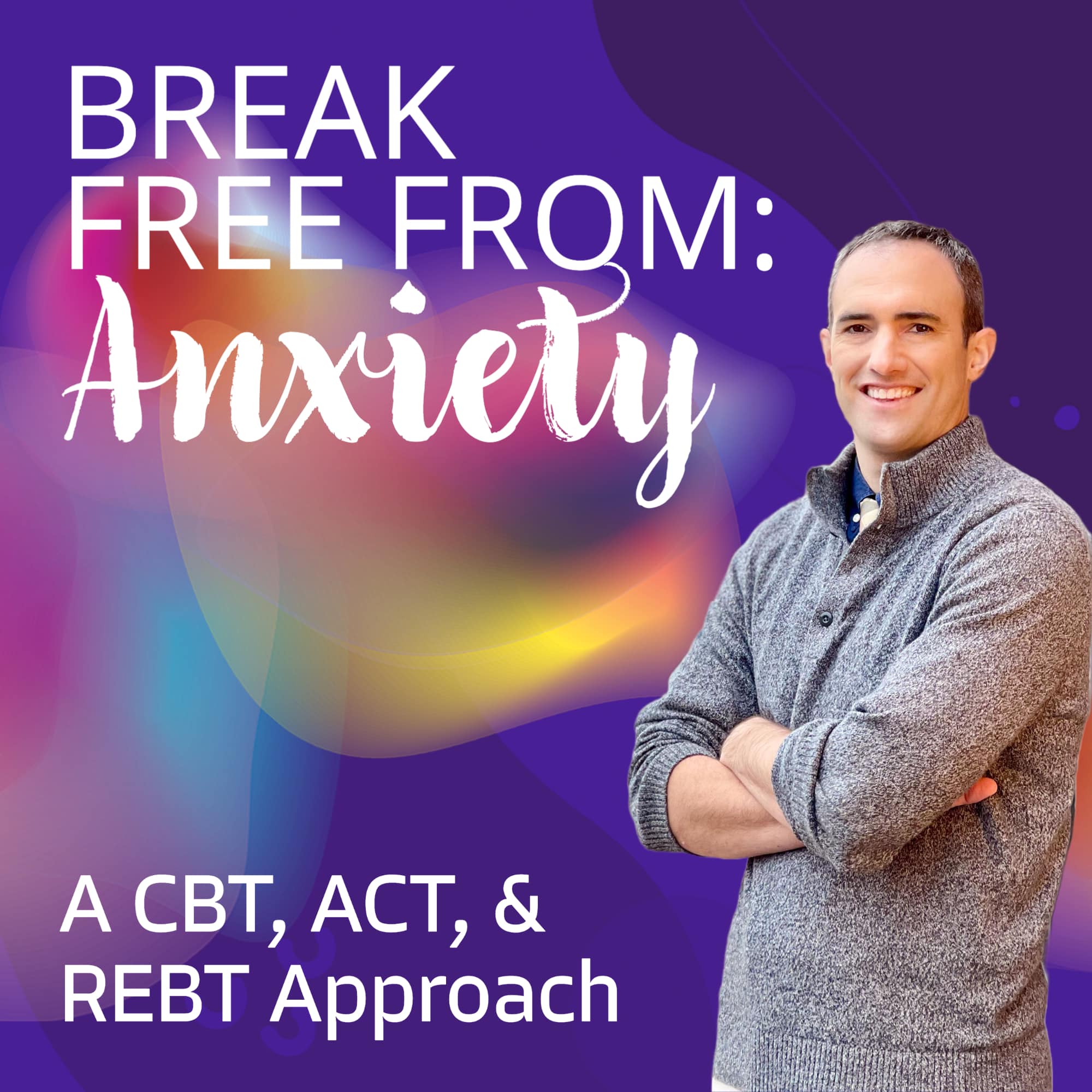Pride Parade
The Lesbian, Gay, Bisexual, Transgender, Queer, Questioning, Intersexed (LGBTQI*) community includes a wide variety of gender identities and sexual orientations. Advocates have helped us continue expanding our understanding of the complexities between gender identity and sexual orientation. However, history has not always been so kind to the LGBTQI* community which I think is equally important to recognize.
Historically members of this community were labeled “mentally ill” which we know today is inaccurate. These historical inaccuracies contributed to a pervasive and unfair stigma that continues to impact the community. Today we recognize being part of the LGBTQI* community is not a symptom of mental illness but does place individuals at much higher risk of developing a mental illness during their lifetime.
LGBTQI* individuals are twice as likely to have a mental health disorder or addiction during their lifetime. They are also much higher risk for attempting suicide. Generally, those identifying as transgender (those having a gender identity that does not match their sex assigned at birth) are at even higher risk than their cisgender (people who sex assigned at birth corresponds with their gender identity) peers. A staggering 40% of transgender individuals have attempted suicide in their lifetime compared to the overall rate of suicide attempts in U.S. adults which is less than 5%. Why you may ask? This is because of stigma, discrimination, and unique stressors the LGBTQI* community faces.
Both LGBTQI* youth and adults have a higher likelihood of being exposed to multiple traumas and internalized shame during their lifetime. Coming out, rejection, substance use, homelessness, suicide attempts, stigma, challenging family dynamics, spiritual/religious challenges, and inadequate mental health care are unique stressors this community faces that can contribute to developing mental illness.
Depression, anxiety, PTSD, and other mental illnesses are frequent and often go untreated leaving persons to attempt cope through alternative means. Common harmful methods include things such as denying or trying to change their sexual orientation, avoiding other LGBTQI* persons, suppressing their own sexual or emotional desires, misusing drugs or alcohol, having unsafe sex, self-harming behaviors such as cutting, and suicide attempts. However, there are healthier coping skills that others are using to care for their symptoms of mental illness.
Seeking and participating in mental health care is an excellent first step to learning improved coping skills. Other ideas may include advocating for yourself, using preferred pronouns, advocating for LGBTQI* rights, educating friends and family about LGGBTQI* issues, building relationships with other people within the LGBTQI* community, finding allies within your local community, joining a support group for LGBTQI* adults, and joining LGBTQI* friendly organizations (sports leagues, arts, theater groups, etc.), and engaging in mentoring within the LGBTQI* community.
LGBTQI* Mental Health Crisis Resources
For the Transgender Community
-
Trans Lifeline – 877-565-8860
For LGBTQI* Youth and Young Adults
-
LGBT National Youth Talkline – 1-800-246-7743
-
TrevorLifeline – 1-866-488-7386
-
TrevorText – Text START to 678-678
-
The Steve Fund Crisis Textline* – Text STEVE to 741741
For LGBTQI* Adults
-
Lifeline* – 1-800-273-8255
-
Crisis Text Line* – Text HOME to 741741
-
LGBT National Hotline – 1-888-843-4564
References
a. https://www.psychiatry.org/psychiatrists/cultural-competency/education/lgbtq-patients
b. https://www.nami.org/Your-Journey/Identity-and-Cultural-Dimensions/LGBTQI
c. https://www.apa.org/topics/lgbtq
d. https://www.hrc.org/resources/mental-health-resources-in-the-lgbtq-community

 Bruce Bassi
Bruce Bassi
